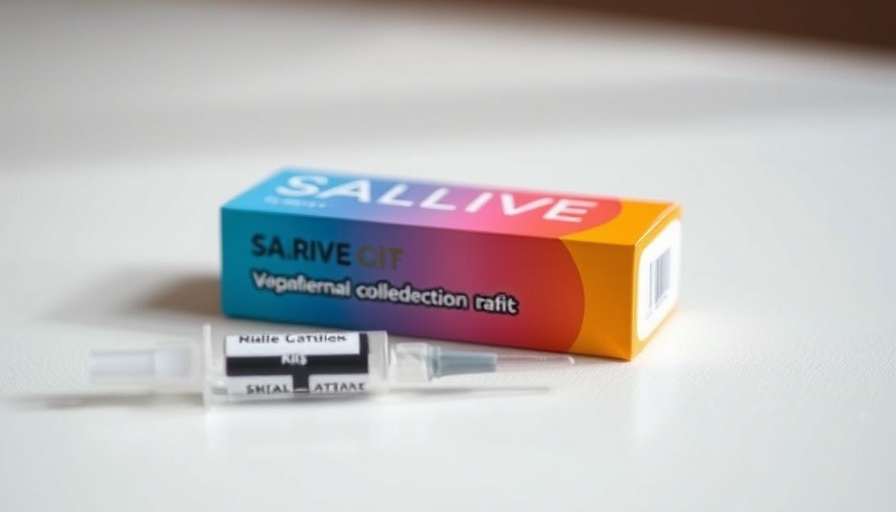
The Rise and Fall of 23andMe: A Cautionary Tale
23andMe was once a beacon of innovation in the biotechnology sector, captivating millions with its promise of accessible DNA testing and personalized health insights. However, its recent plunge into Chapter 11 bankruptcy marks a stark shift in fortunes. Customers now find themselves not just faced with lost investments but also potential claims arising from a notorious data breach that exposed sensitive personal information of nearly 7 million users.
Understanding Bankruptcy Within the Digital Age
The bankruptcy proceedings initially commenced on March 23, 2025, amid reports of declining sales and an array of executive departures that have clouded the company’s image. In a world increasingly reliant on technology, ethical responsibilities toward consumer data have never been higher. The fallout from the data breach— which disclosed details ranging from names to genetic information—exemplifies the risks associated with digital health advancements. Customers are now urged to file claims by July 14 for losses linked to the breach, as well as other grievances.
Navigating Claims: Are You Affected?
The implications of the bankruptcy extend far beyond financial implications; they delve into the realm of consumer trust and privacy. Customers impacted by the breach can file what are termed Cyber Security Incident Claims, which may lead to compensation if successfully proven. However, those with issues unrelated to the breach must submit claims under different categories, increasing the complexity of the claims process.
The Impact of Corporate Decisions on Stakeholders
The steep decline in 23andMe’s fortunes can be traced to various strategic missteps. The company’s ambitious acquisition of Lemonaid Health for $400 million aimed to diversify its service offerings, yet it failed to deliver the expected growth. This illustrates the risks companies face when balancing innovation with responsible financial stewardship.
Lessons for Business Leaders
As the tech industry continues to evolve, the situation presents profound lessons for CEOs, marketing managers, and business professionals. Navigating the intersection of innovation, customer trust, and ethical data usage is crucial in today’s market. This serves as a reminder for business leaders to evaluate their strategies to safeguard consumer data proactively while also maintaining robust financial practices.
Trust as a Core Business Component
The catastrophic breach has severely undercut consumer trust, which is far more difficult to restore than to maintain. For companies within the health tech sector, the urgency of preserving customer data is paramount. As 23andMe’s experience shows, neglecting security protocols can lead to severe ramifications beyond financial loss, affecting brand reputation and customer loyalty.
The Road Ahead: Future Implications
Looking forward, the bankruptcy proceedings will undoubtedly shape the future landscape of genetic testing and bioinformatics. As the broader implications of privacy and data security are scrutinized, stricter regulations are likely forthcoming. Business professionals must engage in forward-thinking strategies that incorporate these emerging standards to remain competitive.
Call to Action: Stay Informed and Prepared
For customers affected by the 23andMe breach, the time is of the essence—filing your claims by July 14 could be critical. Beyond immediate concerns, professionals across the tech and health sectors should engage in thorough evaluations of their data protection protocols. In a rapidly evolving landscape, ensuring customer confidence and compliance with emerging regulations are essential to sustaining business viability.
 Add Row
Add Row  Add
Add 




 Add Row
Add Row  Add
Add 

Write A Comment